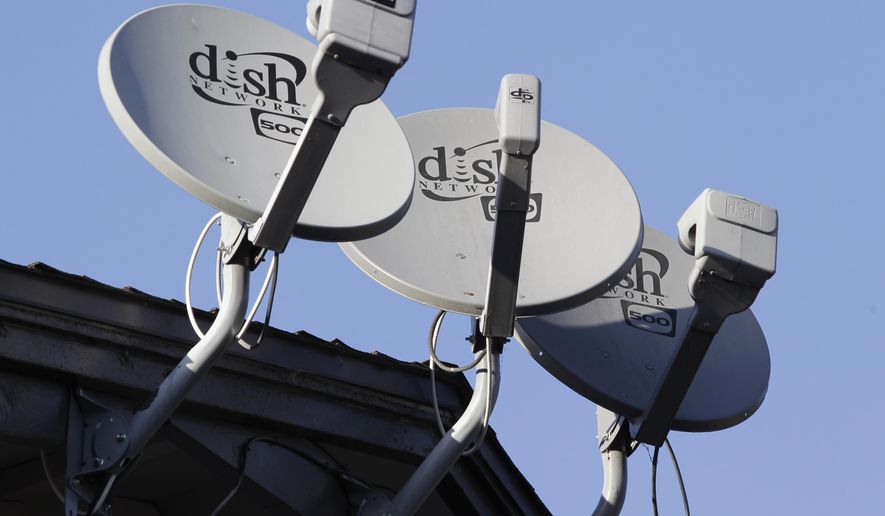DISH Network admitted liability and will pay $150,000 after the Federal Communications Commission found the company didn’t properly de-orbit one of its satellites.
The settlement is the first enforcement of space debris regulations undertaken by the FCC, the agency announced Monday.
DISH’s EchoStar-7 satellite was launched in 2002 and was exempted from FCC regulations governing minimum disposal height for satellites.
However, in 2012 the agency and DISH established a plan for dealing with the satellite once it was no longer operational.
The FCC says DISH committed to retiring the satellite at 186.4 miles above its normal area of operations in orbit. The aim of the requirement was to ensure that the satellite could escape the growing cloud of space junk orbiting Earth.
As opposed to low-Earth orbit, which hosts things like the International Space Station, the EchoStar-7 was in the higher geostationary orbit, following the line of Earth’s Equator in a circle.
In later filings, DISH projected that the satellite would be retired in May 2022.
Three months before that, the FCC says, DISH determined that the EchoStar-7 did not have enough fuel to follow the plan. The satellite was retired at 75 miles above its area of operation, which led the FCC to take action.
“This is a breakthrough settlement, making very clear the FCC has strong enforcement authority and capability to enforce its vitally important space debris rules,” FCC Enforcement Bureau Chief Loyaan Egal said in a statement.
A DISH spokesperson told The Washington Times in a statement that the FCC “made no specific findings that EchoStar-7 poses any orbital debris safety concerns,” adding that “DISH has a long track record of safely flying a large satellite fleet and takes seriously its responsibilities as an FCC licensee.”
• Brad Matthews can be reached at bmatthews@washingtontimes.com.




Please read our comment policy before commenting.